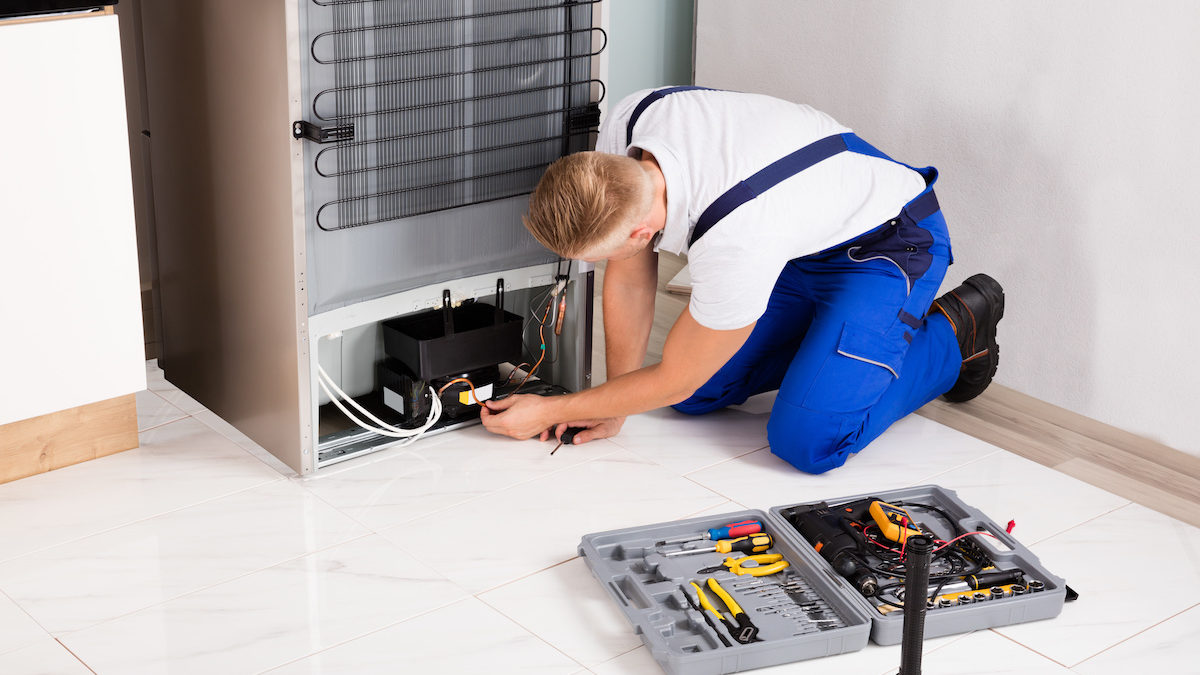Proper storage of heating oil is crucial for maintaining a safe and efficient heating system in your home. Whether you use heating oil for your furnace or boiler, adhering to best practices ensures both safety and the longevity of your equipment. In this blog, quality heating oil suppliers Shropshire explore essential tips for heating oil storage, helping you keep your heating system in optimal condition while prioritising safety.
Choose the Right Storage Tank:
Begin selecting a high-quality domestic heating oil storage tank made from materials resistant to corrosion and leaks. Tanks should meet industry standards and regulations to ensure safe and efficient oil storage.
Regular Tank Inspections:
Schedule regular inspections of your heating oil tank. Look for signs of rust, corrosion, or damage. Additionally, check for any leaks or weak spots that could compromise the integrity of the tank.
Install a Tank Gauge:
Installing a tank gauge is a simple yet effective way to monitor your domestic heating oil levels. Regularly checking the gauge allows you to plan refills and prevents the tank from running empty, which could lead to system issues.
Position the Tank Correctly:
Proper placement of the tank is essential. Ensure it is situated on a stable, level surface, away from areas prone to flooding. Maintain adequate clearance around the tank for ventilation and easy access during inspections.
Protect Against Corrosion:
Protect your tank from corrosion painting it with a corrosion-resistant coating. This is particularly important if your tank is situated outdoors, where exposure to the elements can accelerate corrosion.
Install a Tank Alarm:
Consider installing a tank alarm that alerts you to potential issues such as rapid fuel level drops, indicating a possible leak. Early detection can prevent significant damage and ensure timely intervention.
Regular Cleaning of the Tank:
Over time, sediment and sludge can accumulate at the bottom of the tank. Regularly clean your tank to prevent these contaminants from entering your heating system, which can lead to clogs and decreased efficiency.
Secure Access Points:
Keep access points, such as fill pipes and vents, securely closed when not in use. This prevents debris, insects, and rodents from entering the tank, maintaining the quality of your heating oil.
Protect Against Theft:
Install security measures to protect against oil theft, especially if your tank is situated outside. Lockable caps, fencing, and motion-activated lighting can act as deterrents.
Monitor Oil Quality:
Pay attention to the quality of your heating oil. If you notice any unusual odours or discoloration, it may indicate contamination. Address these issues promptly to prevent damage to your heating system.
By following these best practices for heating oil storage, you not only enhance the safety of your home but also prolong the life of your heating system. A well-maintained and secure storage setup ensures that you can rely on your heating oil for warmth while minimising the risk of environmental hazards and system malfunctions. Stay warm and secure with proper heating oil storage practices!



